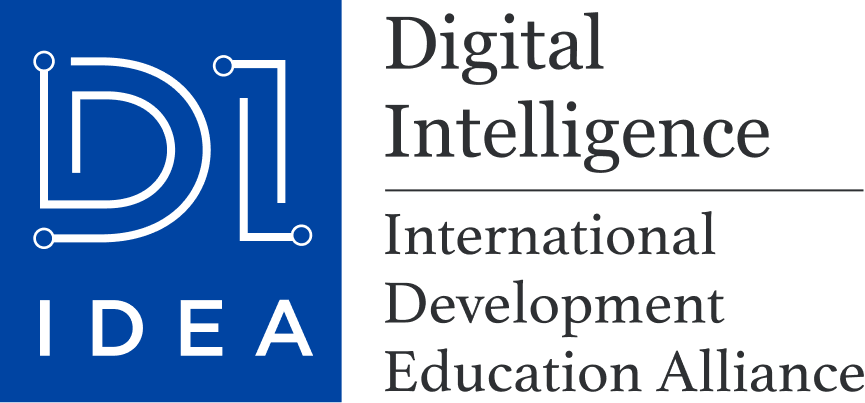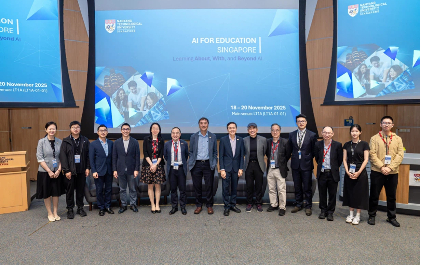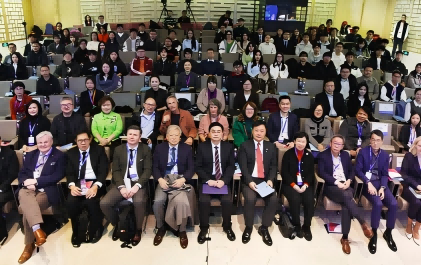On March 26, 2024, the Digital Intelligence International Development Education Alliance (DI-IDEA) held a symposium titled “AI-Powered Pedagogy: Designing the Future of Education” at Cambridge. This event was hosted by Cambridge’s Digital Education Futures Initiative (DEFI), which is also a member of the DI-IDEA. Over 130 educators, administrators, and industry experts from around the world put their heads together on how AI could empower education and what the future of digital education would look like.
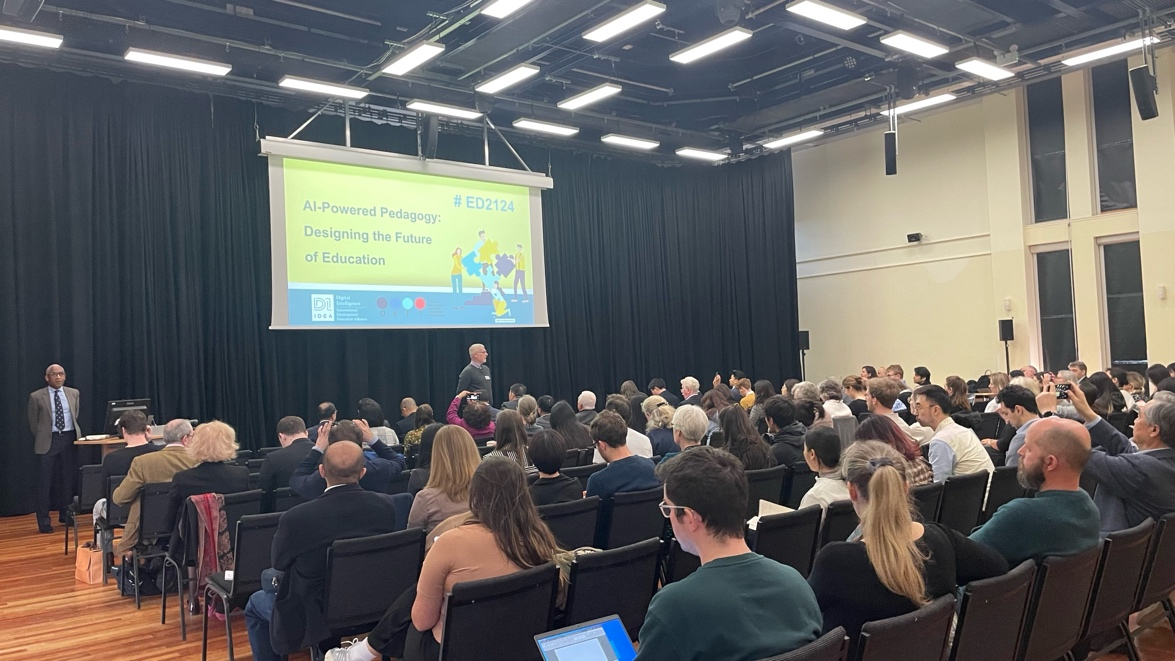
Photo of the symposium
Lord Simon Woolley, Principal of Homerton College at Cambridge, delivered the opening address. He emphasized the huge potential of AI technology as a major catalyst for educational reform. Additionally, he underscored Cambridge’s dedication to educational innovation and expressed his enthusiasm for further exploring how AI could reshape educational models through this symposium. Sun Hua, Director of the Office of the Provost and Center for Excellent Teaching and Learning of Peking University, and Secretary General of the DI-IDEA, outlined the tasks and vision of this Alliance. He stated that Peking University would collaborate with Cambridge and other international partners, sharing their digital resources, experience, and best practices to promote the development of the global education industry. Representing DEFI, Rupert Wegerif and Kevin Martin greeted the attendees and conveyed their enthusiasm for exploring the use of AI in education with DI-IDEA members and promoting innovation in digital education through joint research.
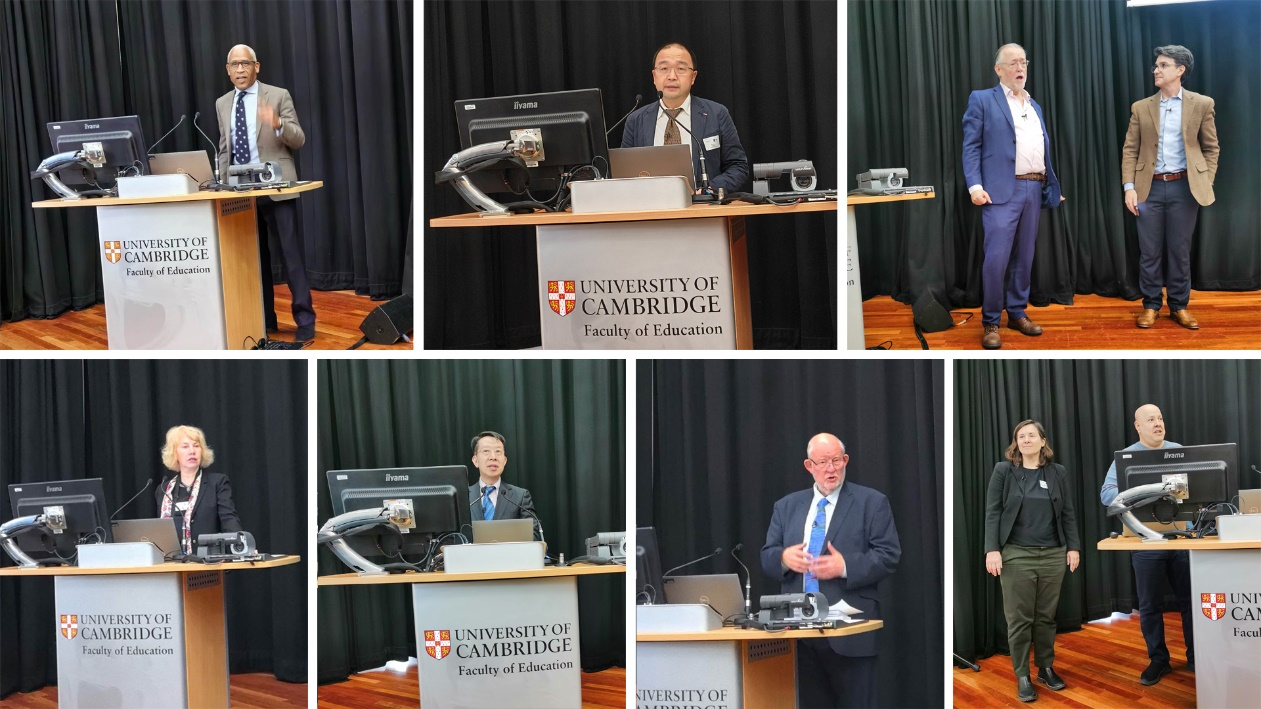
Opening address and keynote speeches
Alina von Davier, Research Director of the Duolingo English Test, Honorary Research Fellow at the University of Oxford, and Senior Researcher at Carnegie Mellon University, shared Duolingo’s research results and the application potential of AI technology. Qiu Zeqi from the Department of Sociology at Peking University discussed the three pillars of digital humanities, emphasizing the role of AI in advancing academic research and knowledge innovation. Charles Clarke, Former Education Secretary of the UK, spoke on how AI technology could promote educational equity, while Imogen Casebourne from Cambridge and Abu Sitta from the University of Dubai shared their extensive research findings in the field of digital education.
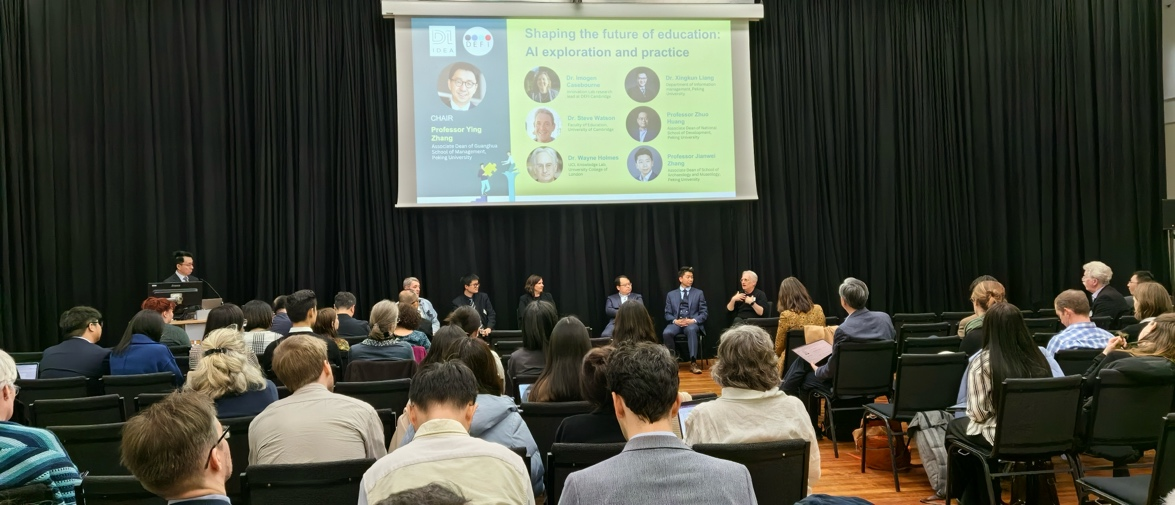
Roundtable between experts from Peking University and Cambridge
Companies and experts worldwide presented their latest advancements in educational technology, encompassing AI-driven language learning, immersive virtual classrooms, blockchain-based educational platforms, digital printing, and revolutionary speech recognition technology. At “Shaping the Future of Education: AI Explorations and Practices,” a roundtable chaired by Zhang Ying from Peking University, three experts (Zhang Jianwei, Huang Zhuo, and Liang Xingkun) from Peking University and three (Steven Watson, Imogen Casebourne, and Wayne Holmes) from Cambridge shared their research experience and practical achievements. They shed light on the application of AI in different cultural and educational contexts, and examined both the challenges and future trends of education. The symposium concluded with the launch of The Theory of Educational Technology: Towards a Dialogic Foundation for Design, a book co-authored by Rupert Wegerif from Cambridge and Louis Major from the University of Manchester. This book marks a notable academic contribution from the DI-IDEA, with a Chinese edition anticipated later in the year.
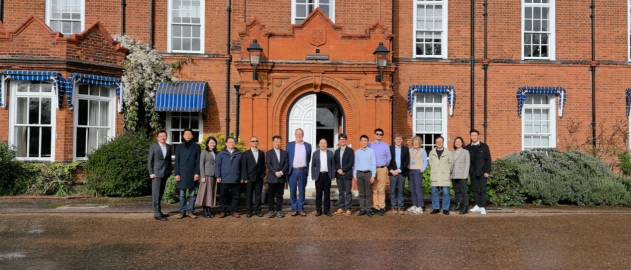
Peking University delegation at Hughes Hall, Cambridge
On March 27, a delegation from Peking University visited Hughes Hall, Cambridge. During the visit, Managing Director Kevin Martin introduced the research focuses and primary projects of the DEFI. Both sides expressed the intention to enhance their collaboration in academic conferences, research reports, and book publications, with the aim of advancing digital education and the DI-IDEA.
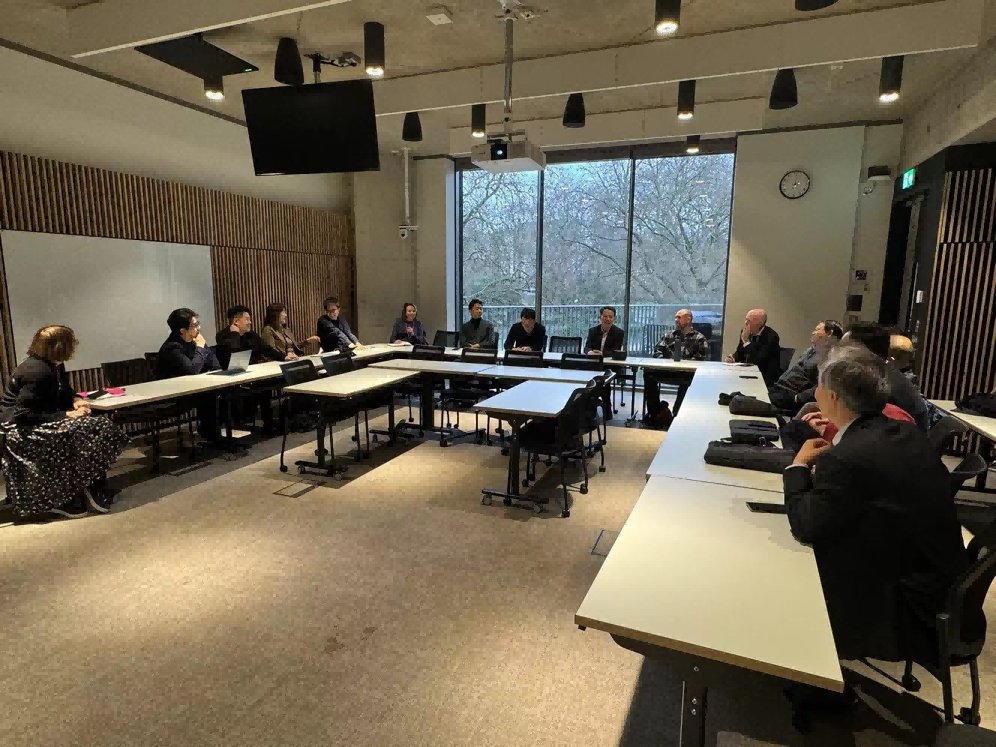
Peking University delegation at the LSE
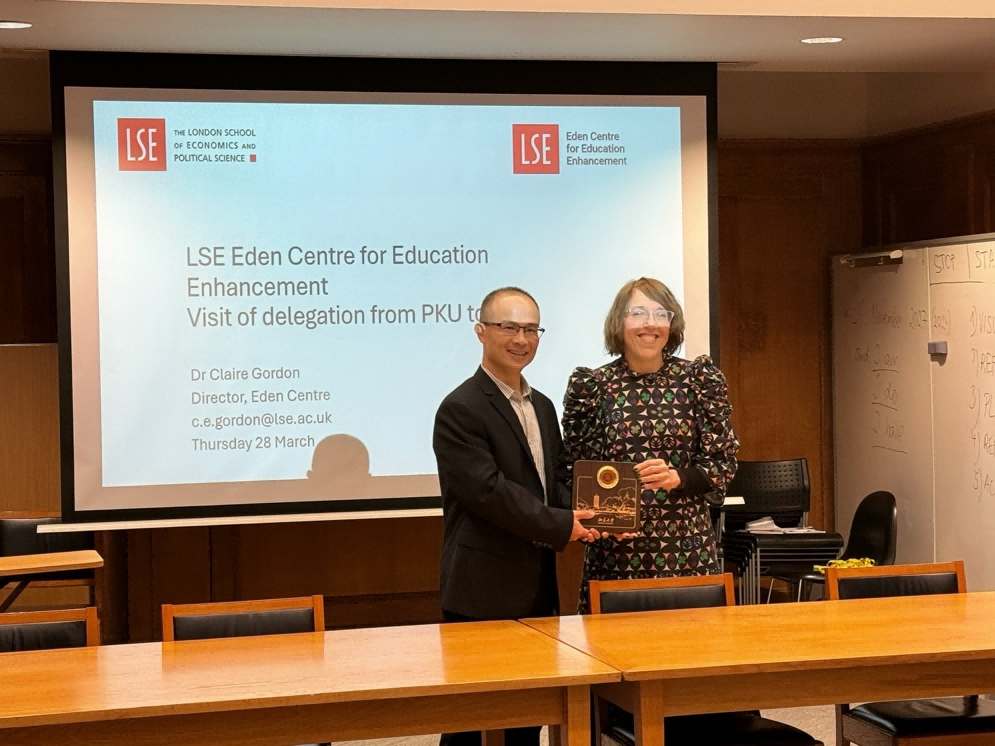
Exchange of souvenirs with the LSE Eden Centre for Education Enhancement
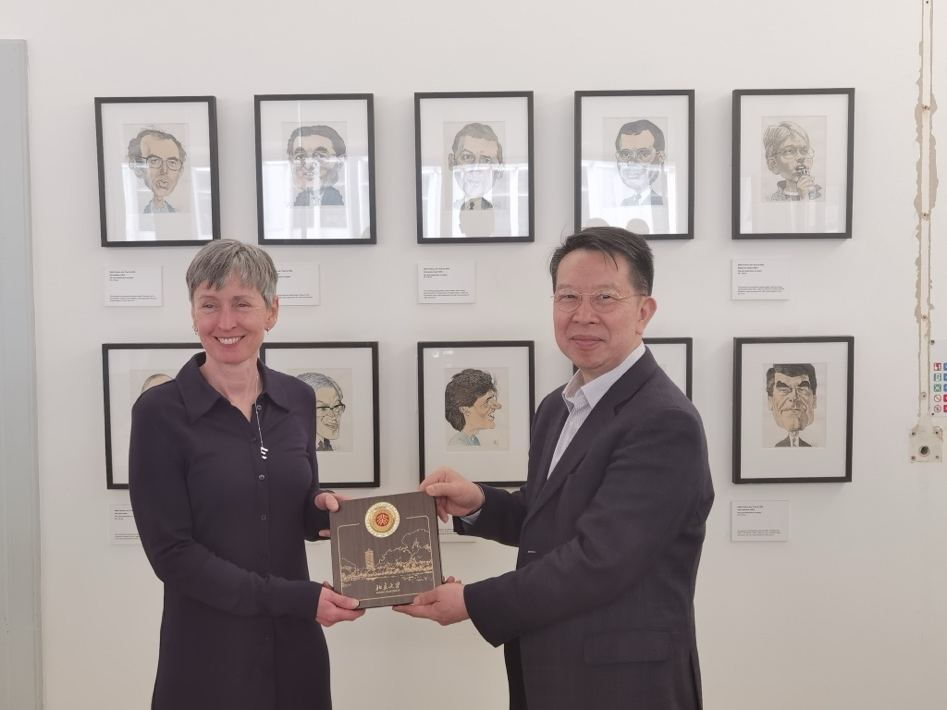
Exchange of souvenirs with LSE Vice President Emma McCoy
The following day, the delegation visited the Eden Centre for Education Enhancement at the London School of Economics and Political Science (LSE). Claire Gordon, Director of the Eden Centre, and Wang Zhouyi, Deputy Director of the Center for Excellent Teaching and Learning at Peking University, introduced the main business of their respective institution. Experts from the LSE Departments of Management, Philosophy, and Geography and Environment discussed the impact of AI on teaching practices with the visitors. LSE Vice President Emma McCoy received the delegation and affirmed her commitment to enhancing exchanges and cooperation with Peking University.
